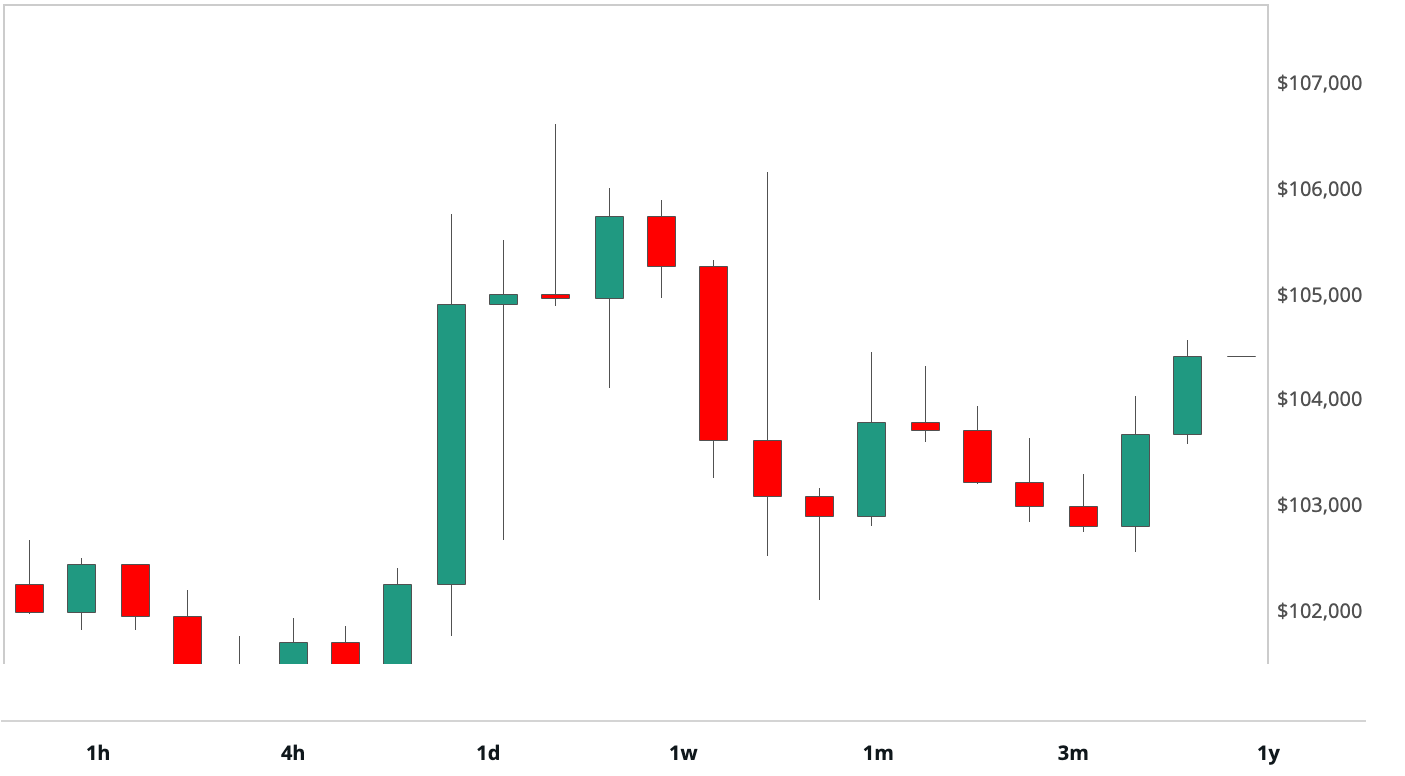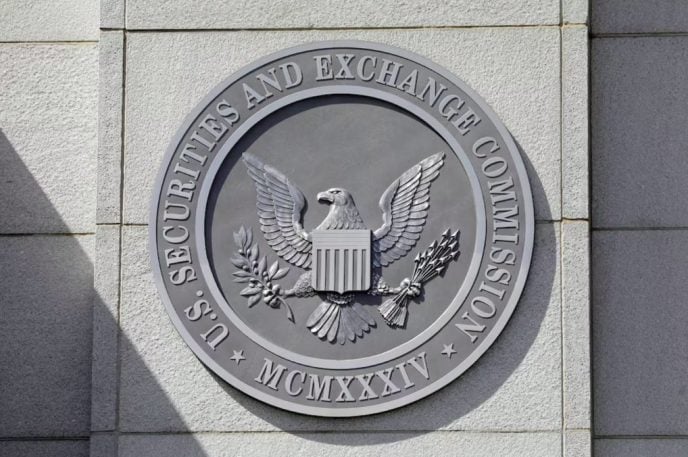ARTICLE AD
South Korea mandates stricter compliance by July 2024 to protect investors from exchange failures.
In a startling revelation, seven out of ten crypto exchanges in South Korea have failed to return investors’ funds after shutting down or suspending operations, as reported by The Korea Times on Friday.
A joint study by the Financial Supervisory Service (FSS) and the Korea Financial Intelligence Unit revealed that most of these digital asset platforms leave customers without their funds when they become defunct. Notably, six out of the seven exchanges that didn’t refund customers’ money failed to notify them in advance about their plans to cease operations.
This lack of communication and preparedness makes the situation worse. The FSS noted:
“Even if they did, just one or two employees were tasked with giving back the customers’ money, causing extreme inconvenience for customers.”
This inadequate response underscores the need for more stringent regulatory oversight in the crypto market.
South Korean Growing Crypto Market
South Korea ranks as the third-largest cryptocurrency market globally. In the first half of 2023, more than 6 million Koreans, representing over 10 percent of the nation’s population, traded cryptocurrencies through registered exchanges. This widespread participation highlights the necessity for robust regulatory frameworks to protect investors.
Besides major cryptocurrencies like Bitcoin, Korean traders frequently invest in smaller, riskier digital assets. This inclination towards less stable cryptocurrencies heightens the risk of exchange failures and financial losses for investors.
In order to address these issues, the FSS collaborates closely with other financial authorities to strengthen regulations governing the closure of financial firms. “We are developing relevant guidelines and will continue to focus on eliminating illicit activities in the growing digital asset market,” the FSS affirmed.
FSS Plans Stricter Compliance by July 2024
The FSS emphasizes that digital asset service providers must strictly comply with the new virtual asset investor protection law, set to take effect by July 2024. This law aims to better protect investors by enforcing stricter compliance requirements on cryptocurrency exchanges.
“We come up with relevant guidelines, and will continue to focus on rooting out illicit activities in the growing digital asset market,” the FSS said.
Recent findings by the FSS reveal a significant gap in the current regulatory landscape, particularly in protecting customers’ funds when an exchange shuts down. The planned guidelines and laws are a step toward addressing this gap, but continuous vigilance and enforcement are crucial.
This issue extends beyond South Korea. Several exchanges have failed in the global cryptocurrency market, often leaving investors with no recourse. The recurring problem of defunct exchanges failing to return funds highlights the need for international regulatory cooperation and standards.

 7 months ago
52
7 months ago
52 

